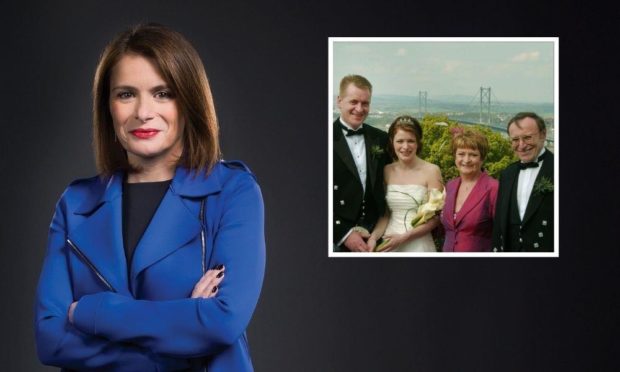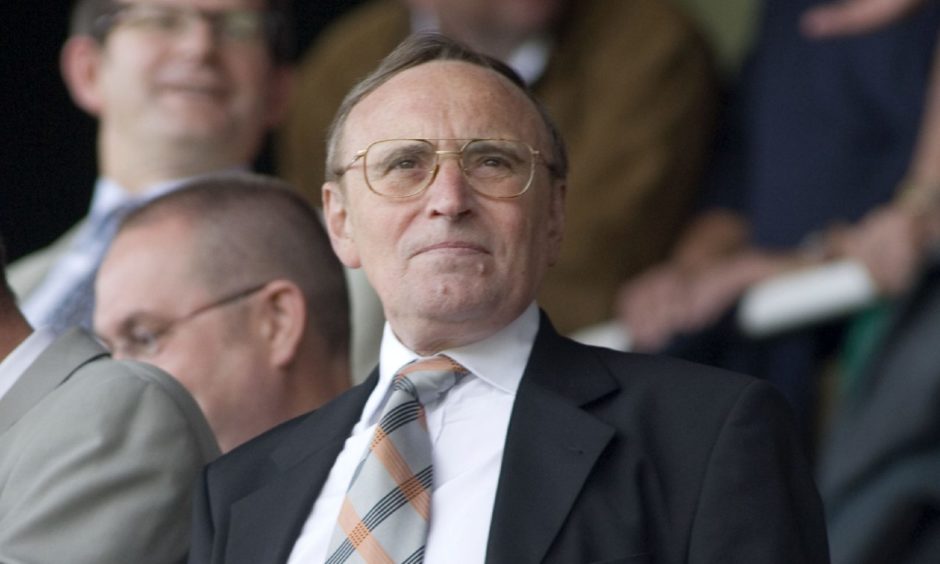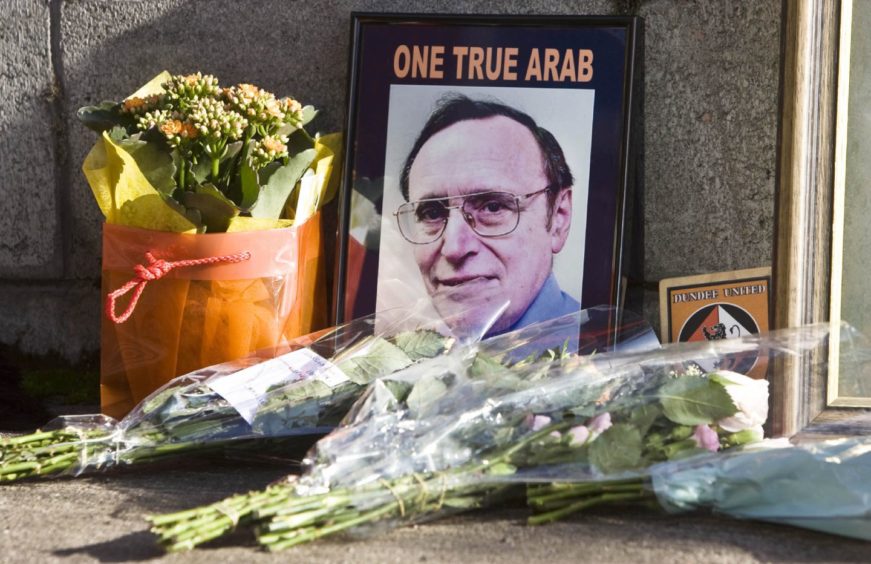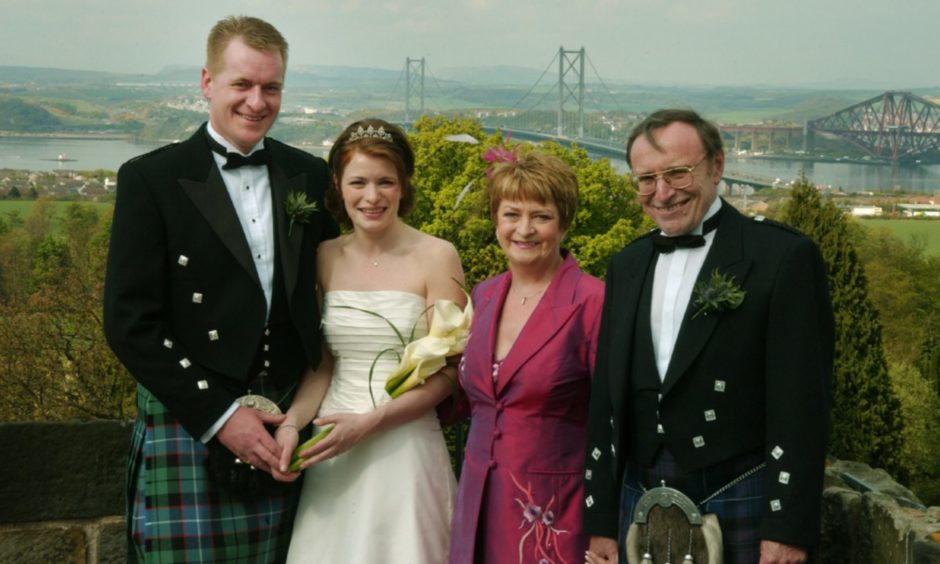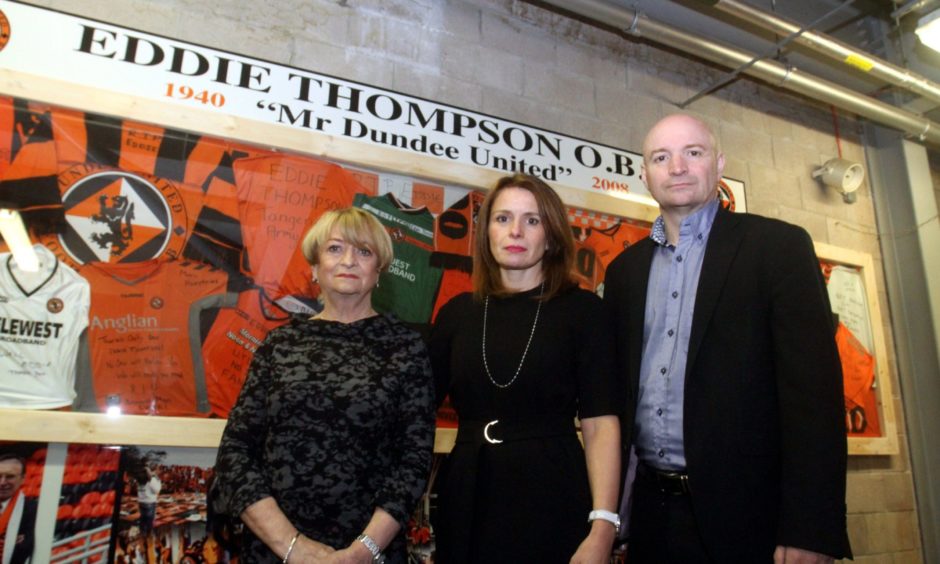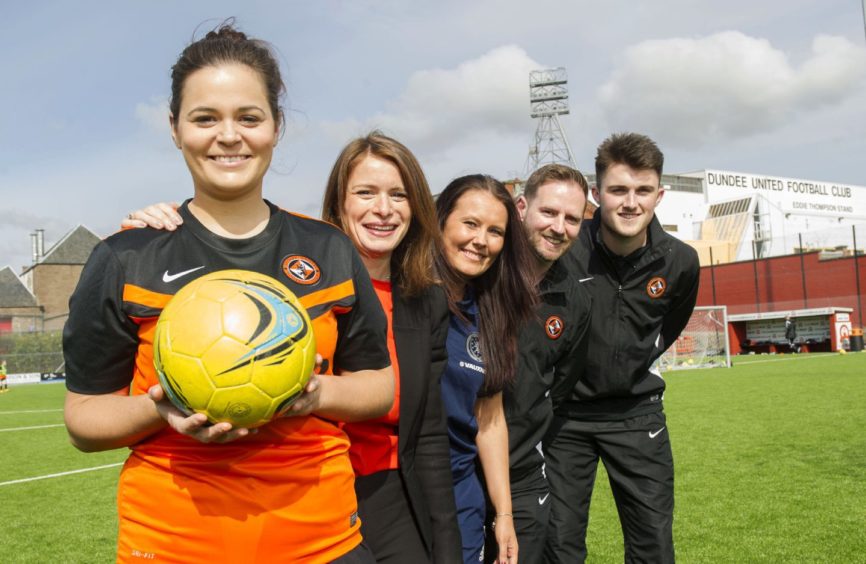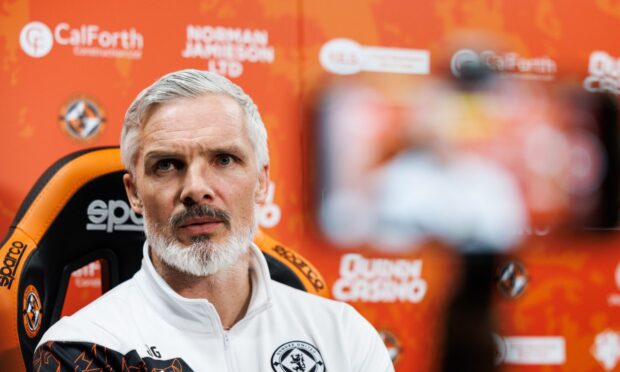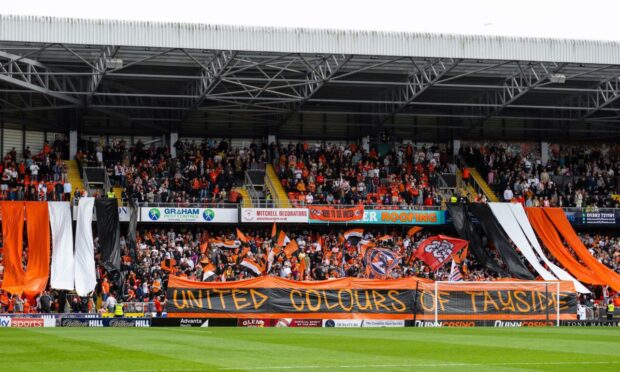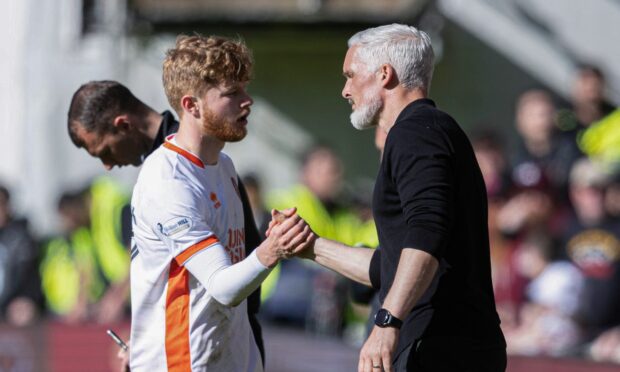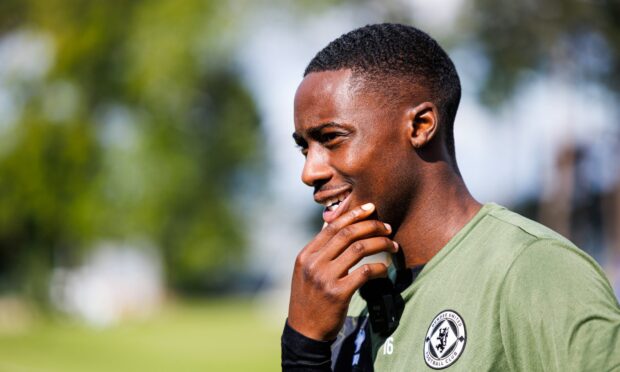Eddie Thompson’s family tried to talk him out of his purchase of Dundee United in 2002, his daughter Justine Mitchell has revealed.
At one stage Justine owned a third of the club and was the only female director in the Scottish Premier League.
She was responsible for setting up Dundee United’s women’s team and even sat on the SFA’s judicial panel.
Reflecting on her career and time in football at a Dundee and Angus Chamber of Commerce business event, she issued a strict warning to others to not invest in football clubs.
It is the same message her family gave her father.
“My family didn’t want my dad to buy the club – it’s stressful and it bleeds money out of you,” she said.
“You’re a fool if you think otherwise unless it’s a big, big club that has lots of money down south behind it or one of the bigger clubs in Scotland.
“If anyone on this call is thinking about buying a football club, don’t do it, you’d be mad, quite frankly.
“Football has always been a passion but when you go onto a board you’ve got to detach yourself and make business decisions and it’s very difficult.”
Death of husband and father in same week
Justine had a successful law career and then a property development business. She was chosen by her father to succeed him as club chairman.
But just days before Eddie Thompson’s death in October 2008, Justine’s husband Ken was killed in a motorcycle accident.
“I lost both my husband and dad within the space of three days. My whole world imploded,” she recalled.
“My dad was about to die from cancer and we were going up to see him a few days before.
“Ken was on a motorbike. He was travelling behind us going to the hospital and I saw the whole thing. It was horrific.”
She added: “My dad asked me to run the club before he died but obviously with everything that happened that was never going to happen.”
At the time her son Monty was just 13 months old and Ken also had a 10-year-old daughter from his first marriage to Jill Kinsella.
The two women formed a close friendship and opened beauty salon Chamomile Sanctuary together in Edinburgh in 2010. Justine credits the business for helping her deal with her double loss.
She said: “It’s incredibly difficult dealing with grief. The spa brought me back into the world again, meeting people again and building a life again. The team have been like a second family to me.”
Return to Dundee United
A passionate supporter of Dundee United, Justine became a director at the club in 2013 when she had a 33% shareholding.
“My mum transferred shares to my brother (Stephen) and I in exchange for us putting loans into the club and I went onto the board,” she said.
“I’ve supported United since I was 13 or 14 and I love and adore them.
“My dad used to take me to all the games. I’d get my dad to myself if it was an away game – we’d have tea and rolls outside the grounds.
“The running joke was that my mum would know what kind of moods we’d be in when we came home on a Saturday night.
“When I went onto the board… I wanted to add value and make a difference. I went onto the Dundee United Community Trust. Without the community you don’t have a football club.
“Then I set up a women’s football team. United didn’t have one which I found ridiculous in this day and age for a club that size.”
‘Add value and make a difference’
In a move that took the board by surprise, Justine resigned as a director in 2016.
She sold her shareholding in the club to Mike Martin the next year.
“I’m not going to go into why I did all that – that’s something that was personal to me,” she said.
“I resigned before we got relegated. It was a very difficult period and I didn’t agree with decisions that were being made.
“One thing I wanted to do was add value and make a difference and I think I did.
“The women’s team is there. Someone after me might have done that but it’s there and doing well.
“The other thing I’d take away is that I was kidding myself (being involved with) the community trust, women’s team, board, looking after my son and running a business. Something had to give – I couldn’t do it all.”
Beauty industry struggles in pandemic
Justine said her passion was now the beauty business, which she now solely owns.
A huge success prior to Covid-19, it has been closed for eight of the last 12 months.
She is hopeful for better trading in 2021, but hit out at regulations in Scotland, not in place in England, which insist on face coverings.
“It’s horrendous,” she said. “Furlough has been amazing for my staff but unfortunately it doesn’t pay the bills, it doesn’t meet the overheads. We’ve received grants that don’t touch the sides.
“In Scotland and Scotland alone clients must wear a face covering because we’re classed as retail. They’re not able to remove masks for facials.
“I recognise people have lost their lives but there is a balance to be achieved between the economy and science.
“All my staff are in full PPE, visors, masks, apron, gloves we are so clean it’s unbelievable but clients aren’t able to have facials and that’s over 50% of my business.
“In Scotland it’s safe to say the beauty industry has been completely forgotten about.”
